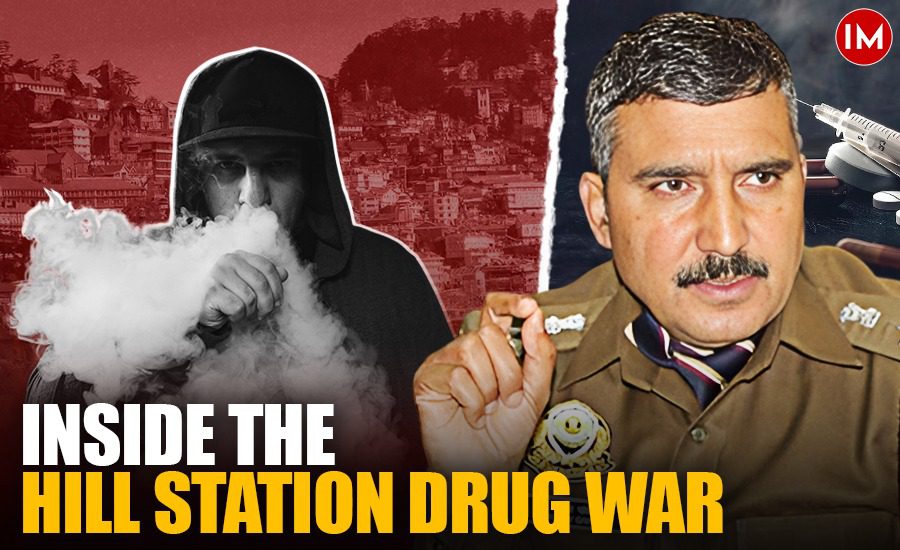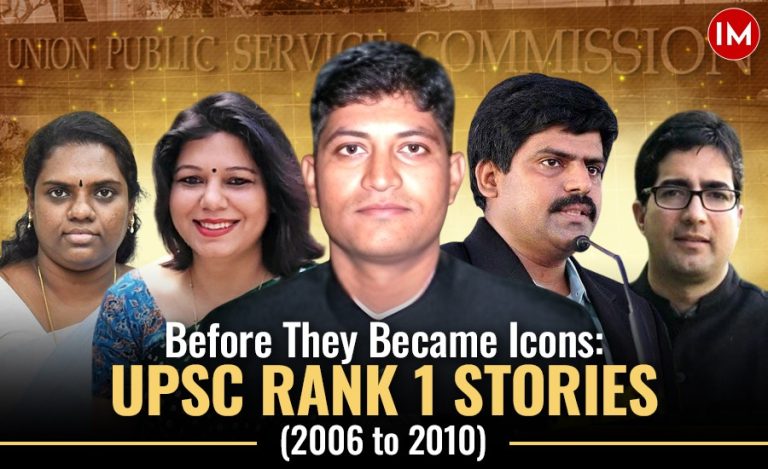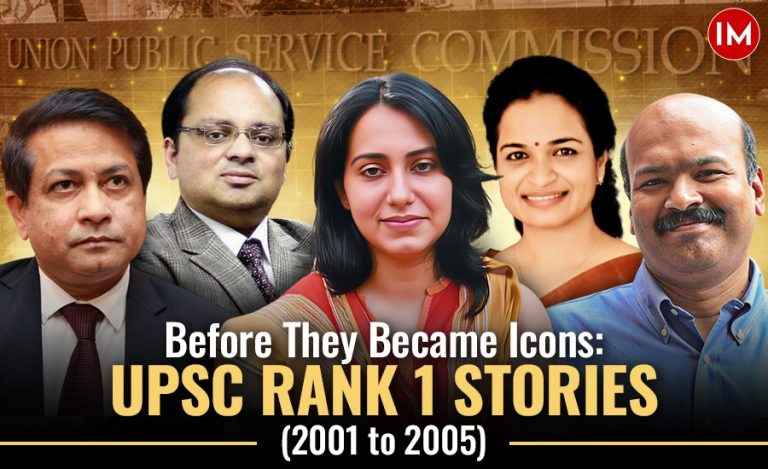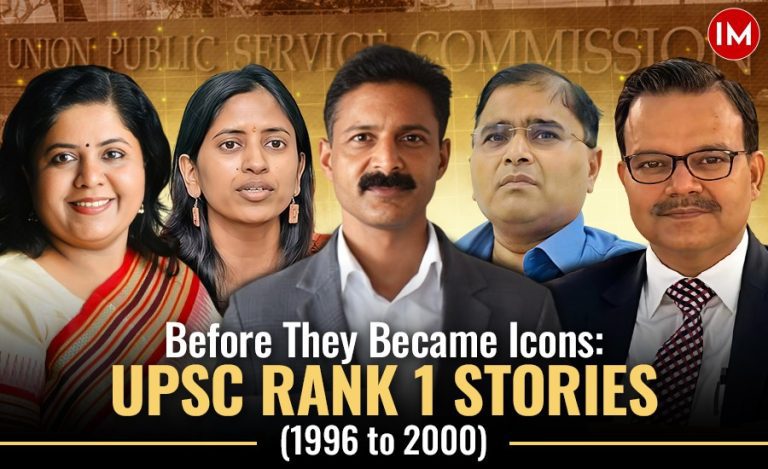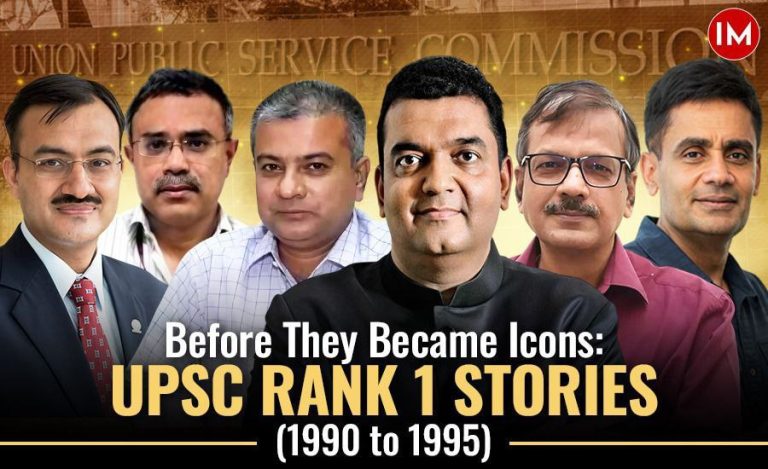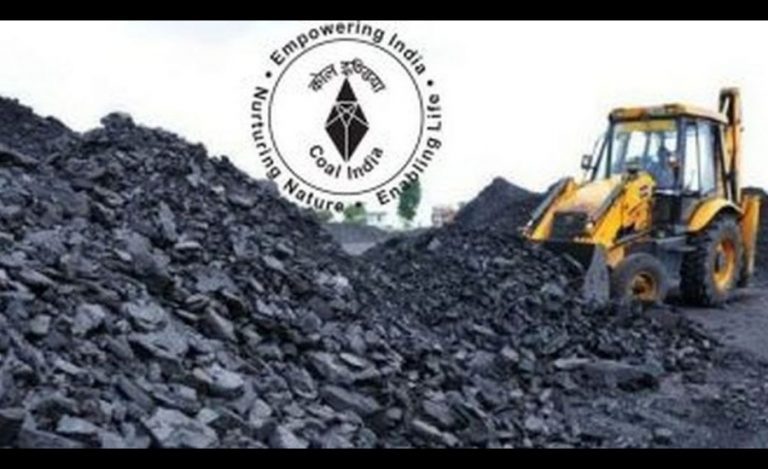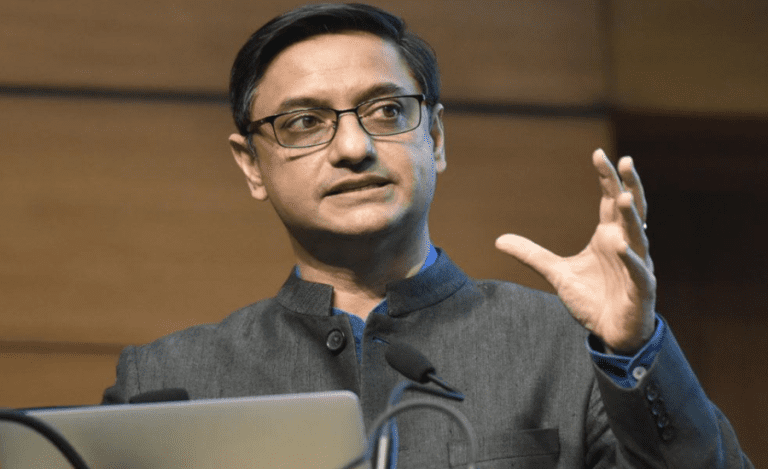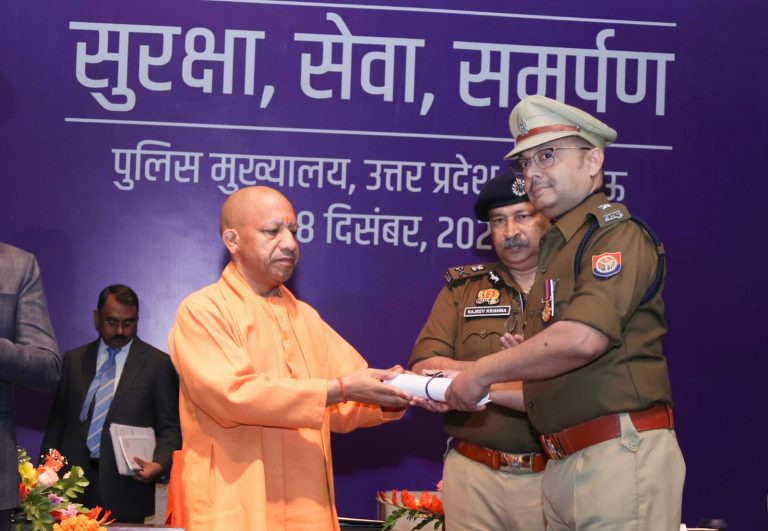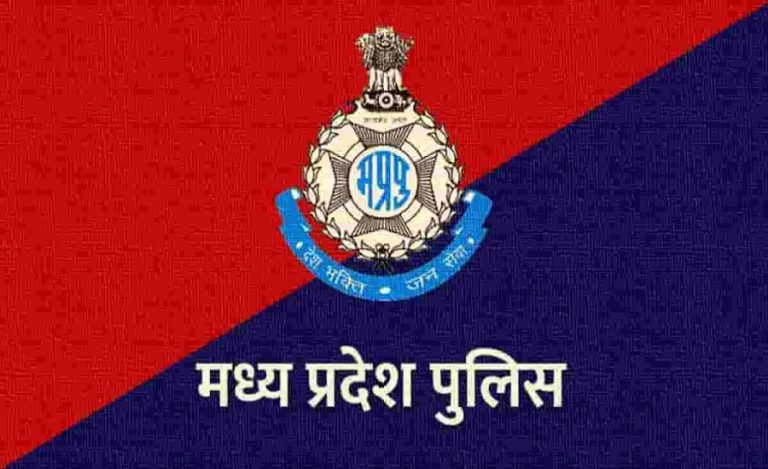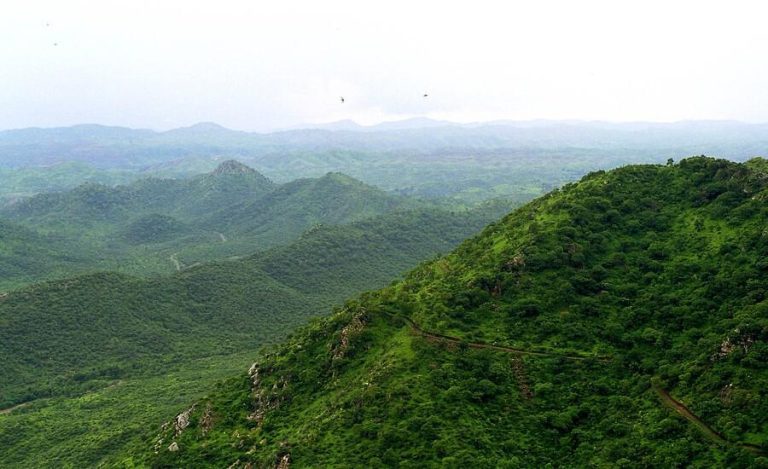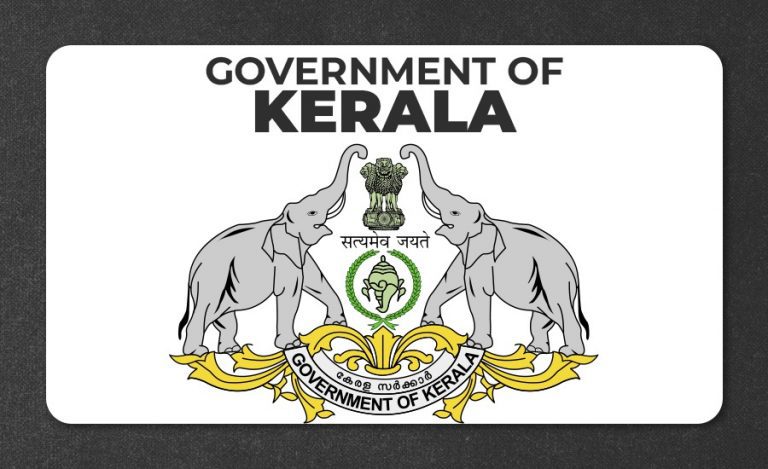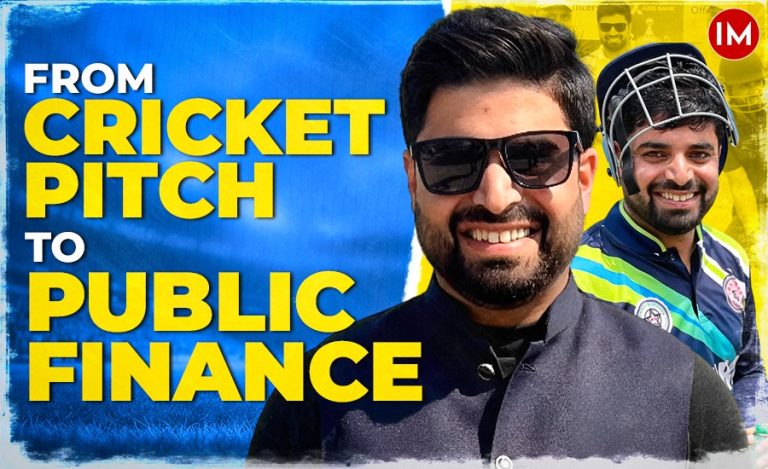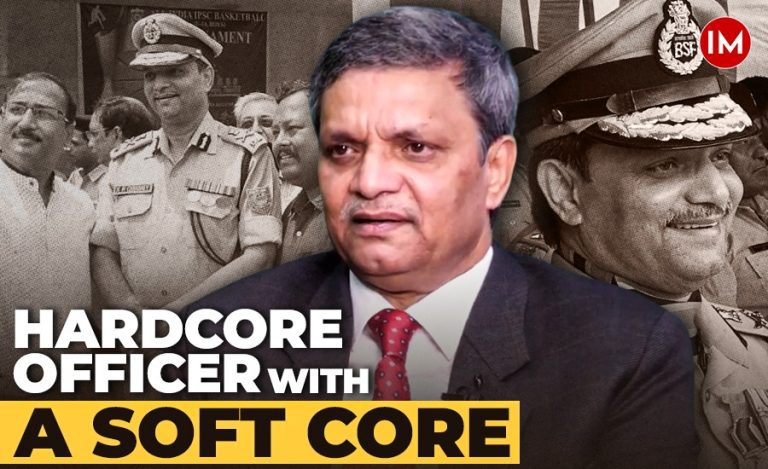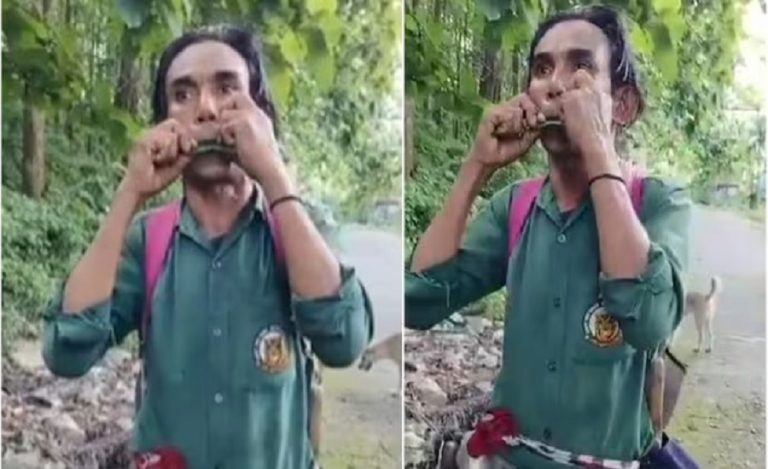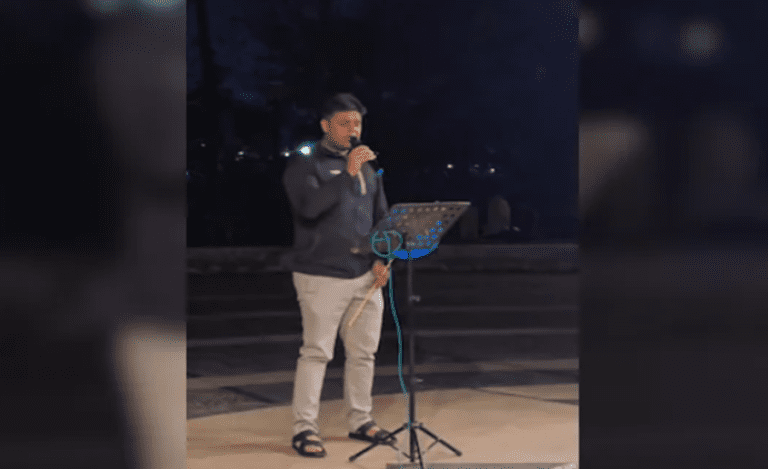Shimla, with its cool breeze and colonial charm, isn’t where you’d expect a war on drugs. But for IPS officer Sanjeev Kumar Gandhi, currently on medical leave from his post as Superintendent of Police (SP) in Shimla, it’s ground zero for a mission he’s personally driving—Mission Bharosa, a district-wide campaign to fight drug abuse, rebuild public trust, and bust deep-rooted cartels.
This isn’t Gandhi’s first brush with drug mafias. But now, his fight for a drug-free Shimla runs parallel to a bigger, murkier battle, one that involves top cops, political fault lines, and public controversy.
Mission Bharosa: Beyond arrests and seizures
This year, Gandhi’s anti-drug initiative came with a powerful new tagline: ‘Bharosa’—trust. “We are making a concerted effort at the district level,” Gandhi had said before going on leave, emphasizing that enforcement alone won’t solve the crisis. “Investigation and awareness programs are going hand in hand.”
What makes Mission Bharosa different is its human angle. It’s not just about busting peddlers, it’s about reaching out to schools, parents, and local communities and restoring confidence in the system.
Under Gandhi’s leadership, a high-tech drug delivery network operating via geolocation drops with no direct dealer-buyer contact was recently dismantled. The crackdown led to multiple arrests, including that of the syndicate’s main operator. “We have broken the major supply chain levels,” he said.
But even as Shimla cheered the clean-up, Gandhi’s methods and his outspoken stance have stirred tension at the very top.
Gandhi’s long history of taking on power
This isn’t the first time Gandhi has locked horns with the system. A native of Arki Bughar village in Solan, Gandhi has 25 years of experience in the police force. In 2017, as SP of Kangra, his aggressive clampdown on the drug and mining mafias got him transferred three times within just 15 days. But public outcry kept bringing him back.
He then served in Una, again making headlines for going after illegal networks. His relentless work against the drug mafia won him the DGP Disc and Best Administrator Award in 2022.
Controversy hits: SIT probe, explosive press conference, and political crossfire
In May 2024, Gandhi found himself at the center of a brewing storm. He was leading a Special Investigation Team (SIT) probing the suspicious death of Vimal Negi, a Himachal Pradesh Power Corporation engineer whose body was found in the Gobind Sagar lake in March. The case was later handed to the CBI by the High Court, citing delays.
But Gandhi wasn’t going to stay silent.
On 24 May, he held a dramatic press conference, naming former DGPs Atul Verma, Sanjay Kundu, and Chief Secretary Prabodh Saxena, accusing them of sabotaging the probe. He claimed that evidence was being distorted, particularly around a formatted pen drive, and alleged a deliberate attempt to derail the investigation.
Gandhi also slammed the BJP for allegedly trying to topple the ruling Congress government using “corrupt means.”
These statements drew swift backlash. Verma recommended Gandhi’s suspension, while BJP MLA Sudhir Sharma filed a criminal defamation notice and demanded a privilege motion against him.
Amid the firestorm, Gandhi went on medical leave. Solan SP Gaurav Singh has been given additional charge of Shimla.
A growing list of battles and enemies
This isn’t Gandhi’s first spat with senior officers. In 2021–22, he raised the alarm over irregularities in a police recruitment process, prompting a CBI inquiry. He has also accused Verma of pushing subordinates to write misleading reports and leaking CID information.
He alleged that Kundu misrepresented a 2023 gas leak in Shimla as a terror attack, and questioned the links between BJP figures and businessmen involved in court-monitored cases.
Even Chief Secretary Saxena hasn’t been spared. Gandhi claimed he was pressured to stop police inquiries into a controversial land dispute involving the Ram Krishna Ashram and was told not to question the ashram’s swami.
Behind closed doors, Gandhi says there’s a long-term campaign to wear him down. He has formally written to the state government and Advocate General, offering to resign rather than compromise his integrity.
Hero or troublemaker? Depends who you ask
To many, Gandhi is a fearless officer who doesn’t bend—even if it means calling out his own bosses.
To others, he’s gone too far.
“A police officer cannot call a press conference and start accusing superiors—that’s indiscipline,” a retired IPS officer said.
Yet, a senior officer admitted Gandhi enjoyed Chief Minister Sukhu’s tacit backing—until now. “He worked with a free hand. But he crossed a line,” the officer said.
The CBI has now taken over the Negi case. Gandhi’s allegations and probe findings remain under intense public scrutiny.
The road ahead
What happens next is anyone’s guess. Gandhi remains polarizing—a crusader to some, a rebel to others.
But one thing is clear: Whether it’s fighting drug cartels or taking on the system, Sanjeev Kumar Gandhi doesn’t believe in playing safe.
Shimla may be a peaceful hill station, but under Gandhi, it has become a high-stakes arena for justice, politics, and power.

